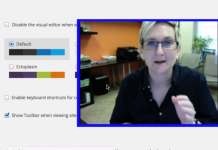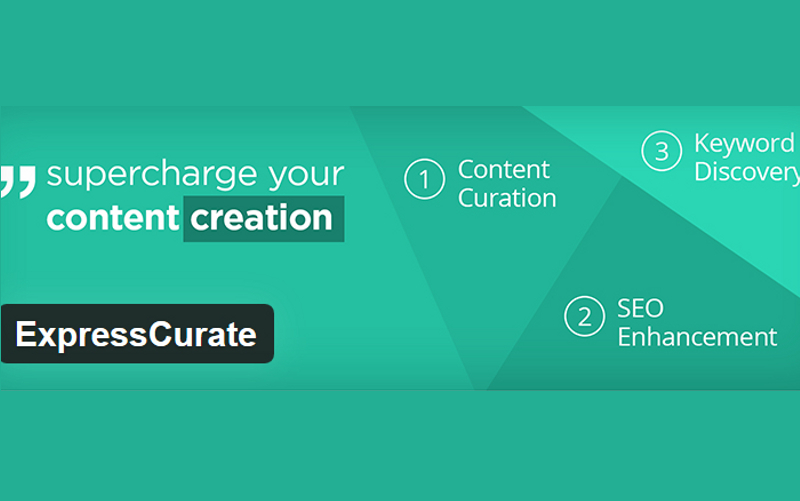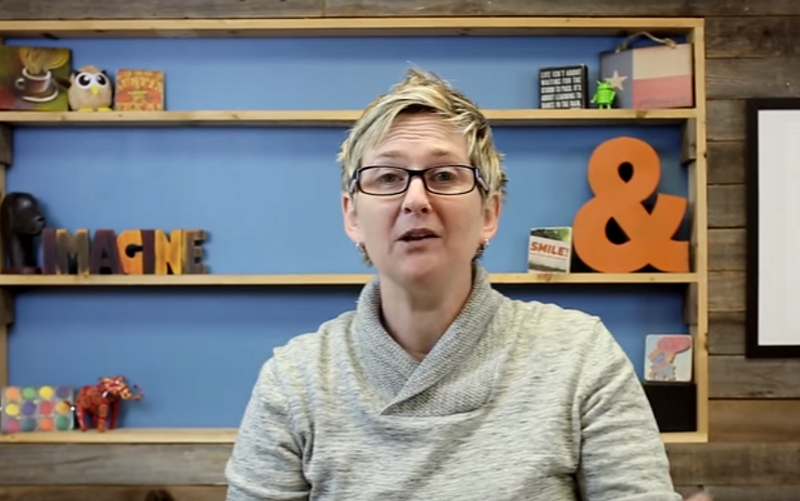If you want to build a website, where should you start? Should you start with a what you see is what you get website editor like GoDaddy’s Website Builder? Or should you start with the web’s choice content management system, WordPress? Well in this article, let’s take a brief look at the pros and cons of both.
A Look At GoDaddy – GoDaddy Website Builder
GoDaddy is first known as an Internet domain registrar and a web hosting company second. While plenty of people don’t have issues registering a domain name under the company, others don’t have kind words to say about their web hosting services. Despite that, GoDaddy has its pros and cons like many other web related companies.
When used as a content management system of sorts, GoDaddy falls short in comparison to WordPress. According to W3Techs data, just 0.1 percent of websites utilize GoDaddy’s Website Builder. Out of all the sites that do utilize the tool, just 62.6 percent use Version 6, while 37.4 percent use Version 7.
As a part of their web hosting services, GoDaddy provides their own Website Builder, designed to ‘help all sorts of professionals create a good-looking small business website.’ The tool, interestingly enough, is available as three packages: Personal, Business and Business Plus. It doesn’t, however, have a free trial.
Some people have compared the GoDaddy Website Builder to the Wix Editor, since it has many features similar to the aforementioned.
The Pros of GoDaddy
Easy to Use. The website editor is very simple to understand, so a complete beginner could start using it ‘right out of the box.’
Design Flexibility. GoDaddy has provided a variety of different site templates to use, including templates that are optimized for mobile devices.
GoDaddy Ad-Free + Monetization Ease. GoDaddy ads (usually in the site footer) can be turned off. You can also monetize your GoDaddy site by using affiliate links, banners or Google AdSense.
The Cons of GoDaddy
Features are limited. Despite the amount of features that GoDaddy does provide, its Website Builder either omits or limits certain features, such as some customization features.
The cost. The Website Builder is available as three packages. The price may be too much for people who want to start out small. Not only that, there are cheaper solutions on the market.
A lack of quality. GoDaddy Website Builder may provide everything that beginners need out of the box, but it might be a better choice to work with another platform like WordPress from the start.
A Look At WordPress
Out of all the content management systems used today, WordPress is definitely the most popular among all types of users. The truth is in the statistics, too.
W3Techs data, which tracks the usage of websites, shows that 60.3 percent of websites use WordPress as a content management system. That accounts for 23.9 percent of all websites. And out of those WordPress operated websites, 71.9 percent use WordPress Version 4 as a base, so they’re pretty up to date.
WordPress makes use of templates, plug-ins, widgets that help users fully customize their site in any way they want. In other words, WordPress affords users a lot of control over their website. This versatile CMS can also be installed over any web hosting platform.
So if you wanted to use a certain web hosting provider for their cost and/or features, chances are that they do support WordPress as a CMS. The good thing is that most, if not all, web hosting providers do support WordPress. Even GoDaddy provides WordPress support!
The Pros of WordPress
As a popular content management system and blogging platform, WordPress has plenty of positive advantages for users.
Versatility. Plug-ins, widgets and templates afford users a great amount of control when customizing important visual and code-based elements of their site. Even on the back end of things, WordPress makes it easy for users of any skill level to modify their site’s inner workings as needed.
Price. WordPress is free to install, but you do need to pay for web hosting. But the good news is that web hosting and buying a domain name is cheap nowadays.
SEO Friendly. Search engine optimization is the art of building visibility on the web. WordPress has a lot of little features that make implementing SEO a lot easier than some think.
Easy to Use. It only takes a day to install and set up a basic WordPress site, as long as you have all of your website resources (graphics, content, etc) ready to go.
The Cons of WordPress
Like many website platforms, WordPress does have some disadvantages:
Security. Since it’s an open source platform, WordPress can be very vulnerable to security exploits often utilized by hackers and spammers.
Inflexibility. Some website types, such as an eCommerce store, may need more resources to effectively build. While you can build an eCommerce store with WordPress, you’ll need an eCommerce platform like Magento or WooCommerce, to really make the site work.
Speed. Sometimes, WordPress pages do perform slow, especially if its site code is too bogged down with unnecessary and/or generic code.
GoDaddy versus WordPress – The Final Verdict?
On one side, you have a WYSIWYG website editor that’s attached to a popular website domain registrar. The other is the web’s choice content management system? So, what should you choose to build your first website?
If you’re a complete beginner, we suggest going along with WordPress and your web hosting provider of choice. WordPress provides too many benefits for complete beginners that it’s pretty impossible not to recommend. Plenty of webmasters have also made video tutorials showing how to build a professional website in less than two hours. That reason alone is why we’d recommend WordPress for beginners.
But don’t count out GoDaddy just yet. If you’re starting out, GoDaddy is an excellent choice for registering your domain name. Then you can take your domain name and use it with another web host when you’re ready to get started.








